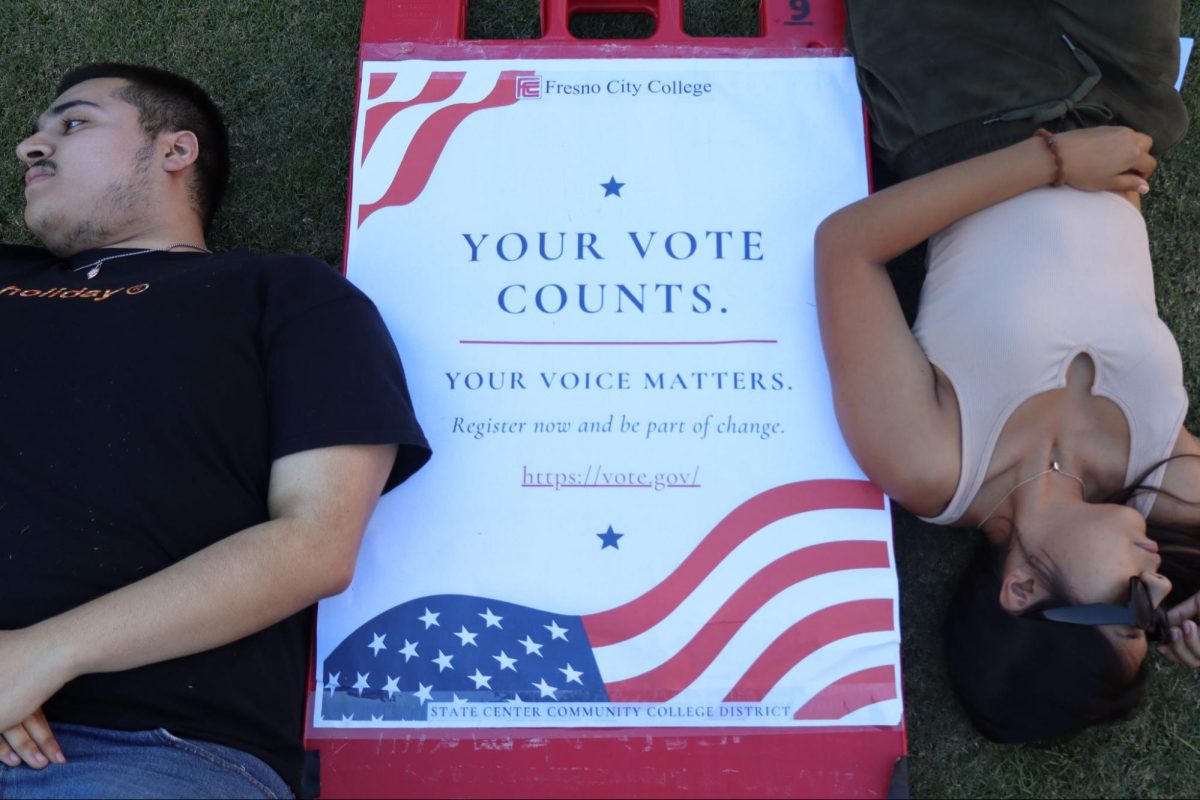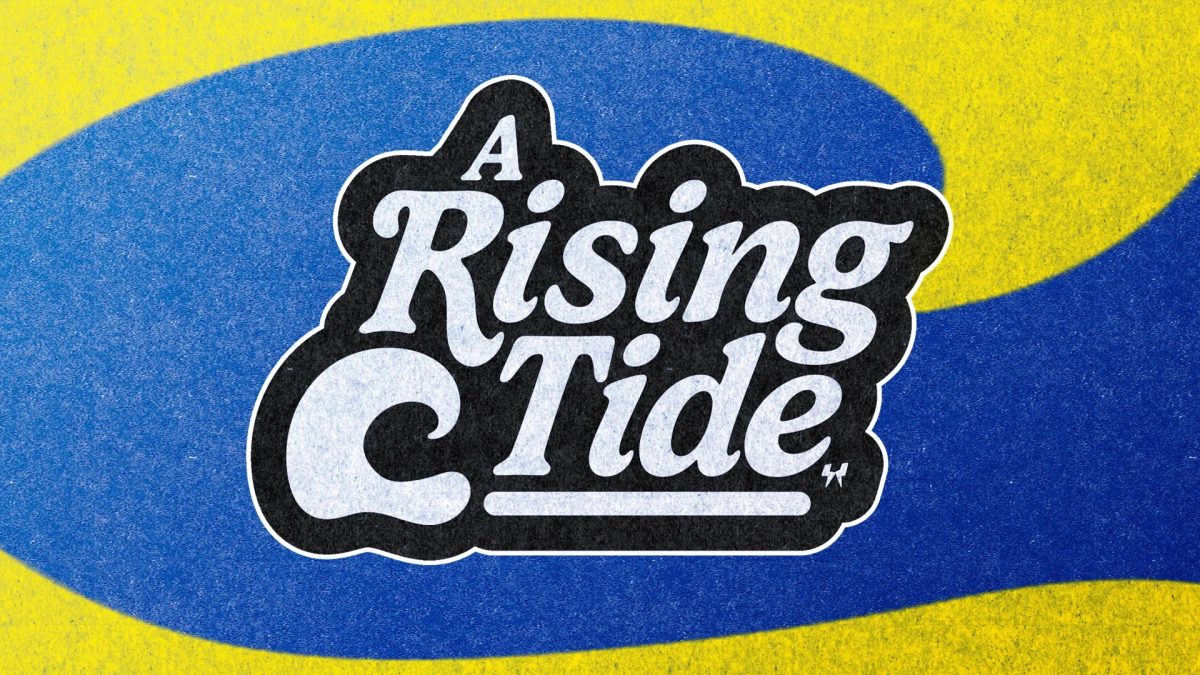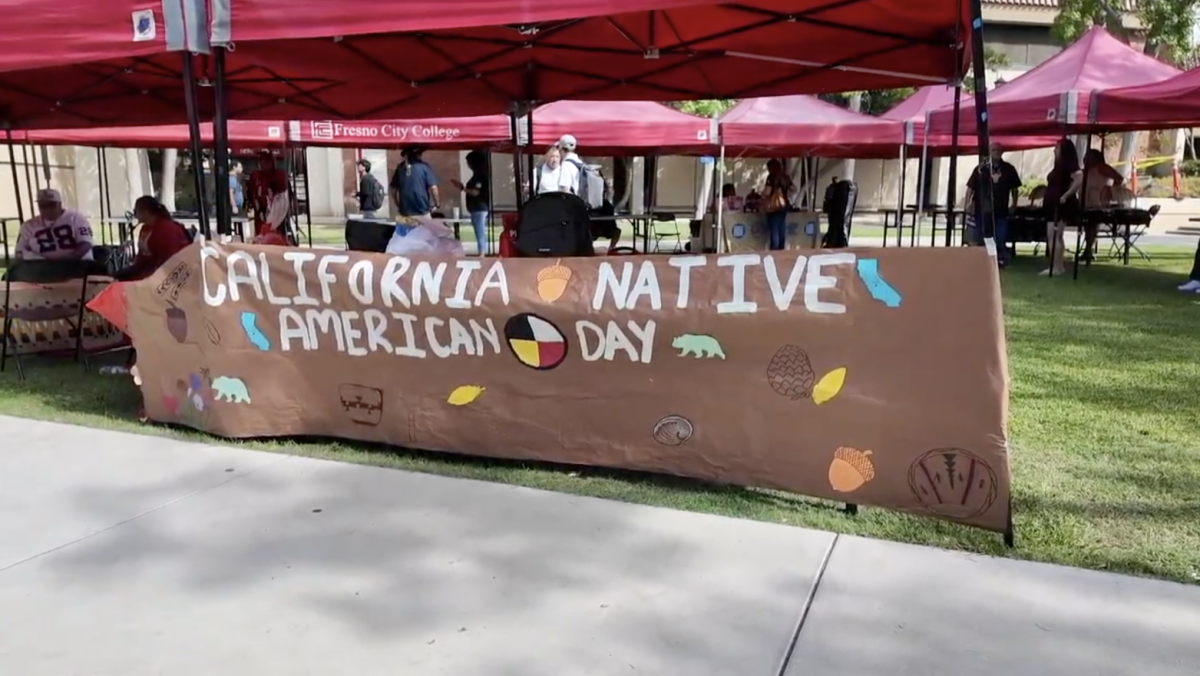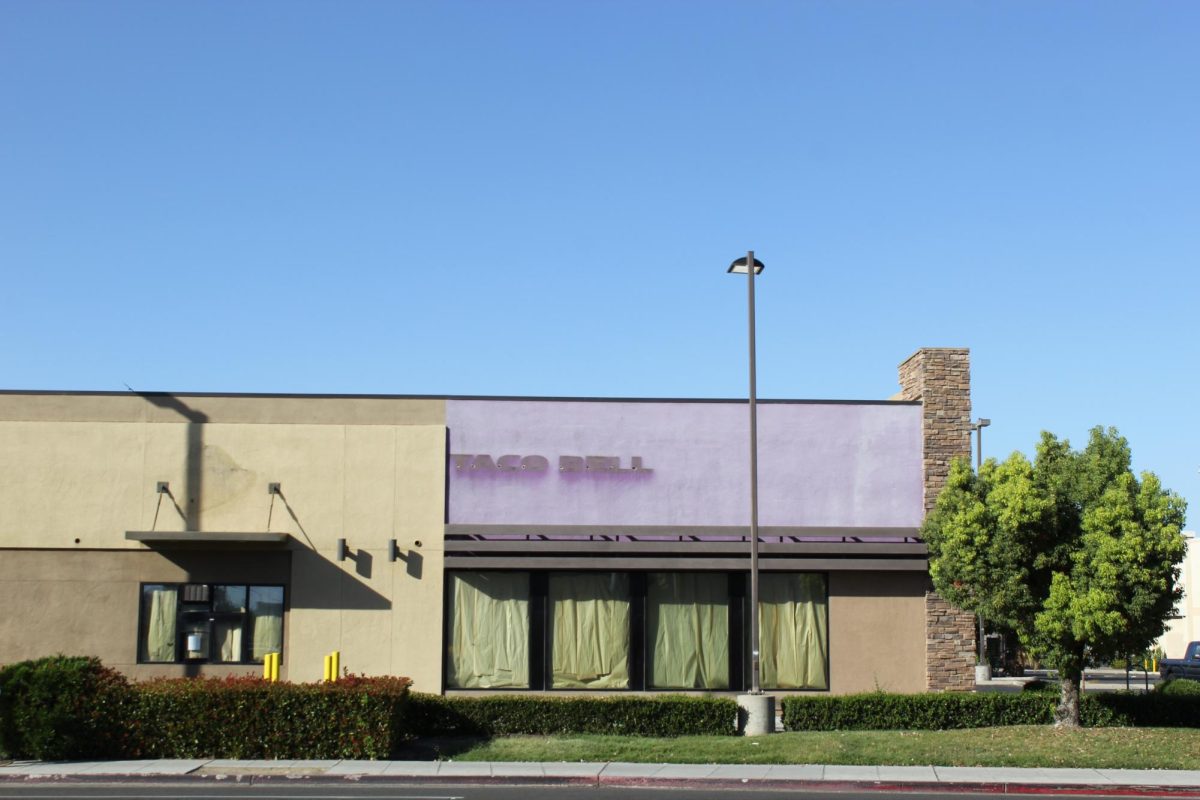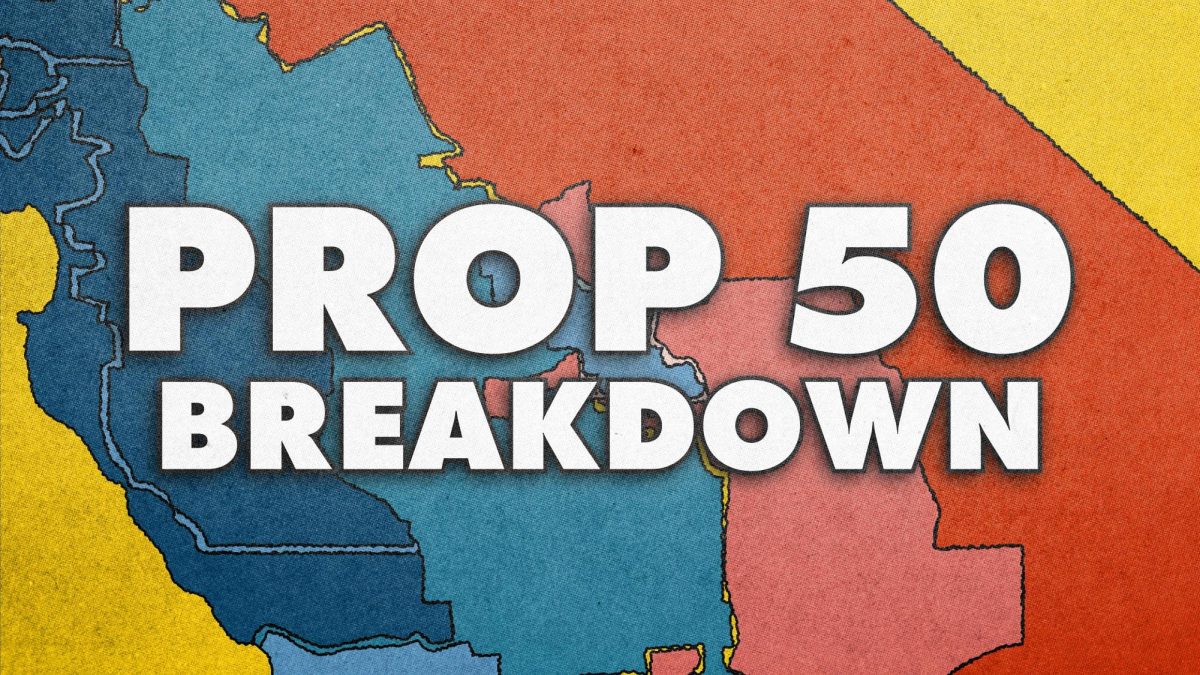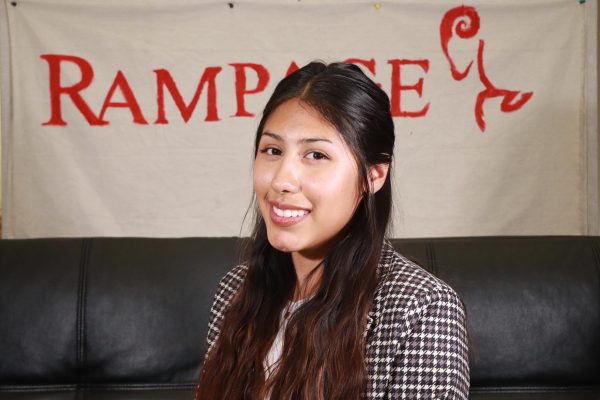As elections approach, there is major stigma surrounding Latino voters and their engagement in politics. At Fresno City College, many Latinos express concerns about feeling uneducated regarding political processes.
First-generation student and business administration major Julia Alvarez, believes there is confusion caused by the overwhelming amount of propaganda.
“We see so much on social media, but right now, especially with how politics are, it feels like I’m only seeing the drama. I’m not learning anything about their intentions,” Alvarez said.
Alvarez believes that many Latinos should play a role in the political community, yet a lack of understanding often holds them back.
“I feel like I’ve never seen anyone around me really grasp politics. I don’t think I’ll ever vote because I don’t want to make the wrong decision,” Alvarez added.
First-generation student and kinesiology major, Misael Valenzuela, believes that there is a generational divide in political engagement.
“Younger Latinos, especially those from about 18 to 30, are starting to get involved but it varies with older generations,” Valenzuela said.
While Valenzuela sees more Latino voices being vocal today, he thinks that many still struggle with understanding the political world.
Sophia Corona, administrative assistant for PE and Athletics emphasizes the cultural barriers that contribute to this issue.
“Many first-generation Latinos aren’t educated about voting because their parents were afraid to use that right or didn’t have citizenship,” Corona said. “I never learned about the importance of voting until high school, when a passionate economics teacher encouraged us to get involved.”
Corona took that lesson to heart, voting for the first time at 18 and actively educating her siblings and children about the importance of participating in elections.
The feeling of being uninformed can have significant economic impacts for the Latino community. Without a solid understanding of politics and voting, many may miss opportunities to advocate for policies that benefit their communities.
Ultimately, as students like Alvarez and Valenzuela navigate the complexities of politics, they highlight the urgent need for greater education and representation for Latinos.
The upcoming elections present an opportunity for the Latino community to amplify their voices, but first, they must overcome the barriers that keep them from engaging fully in the political process.

